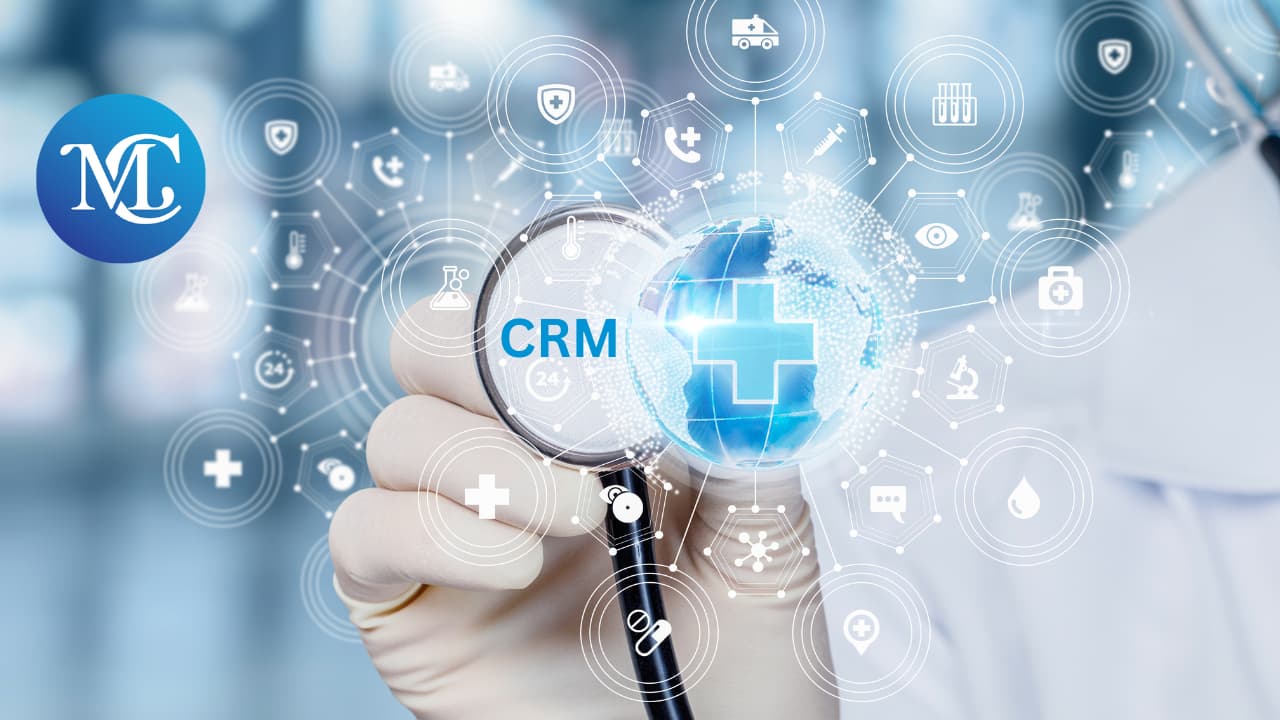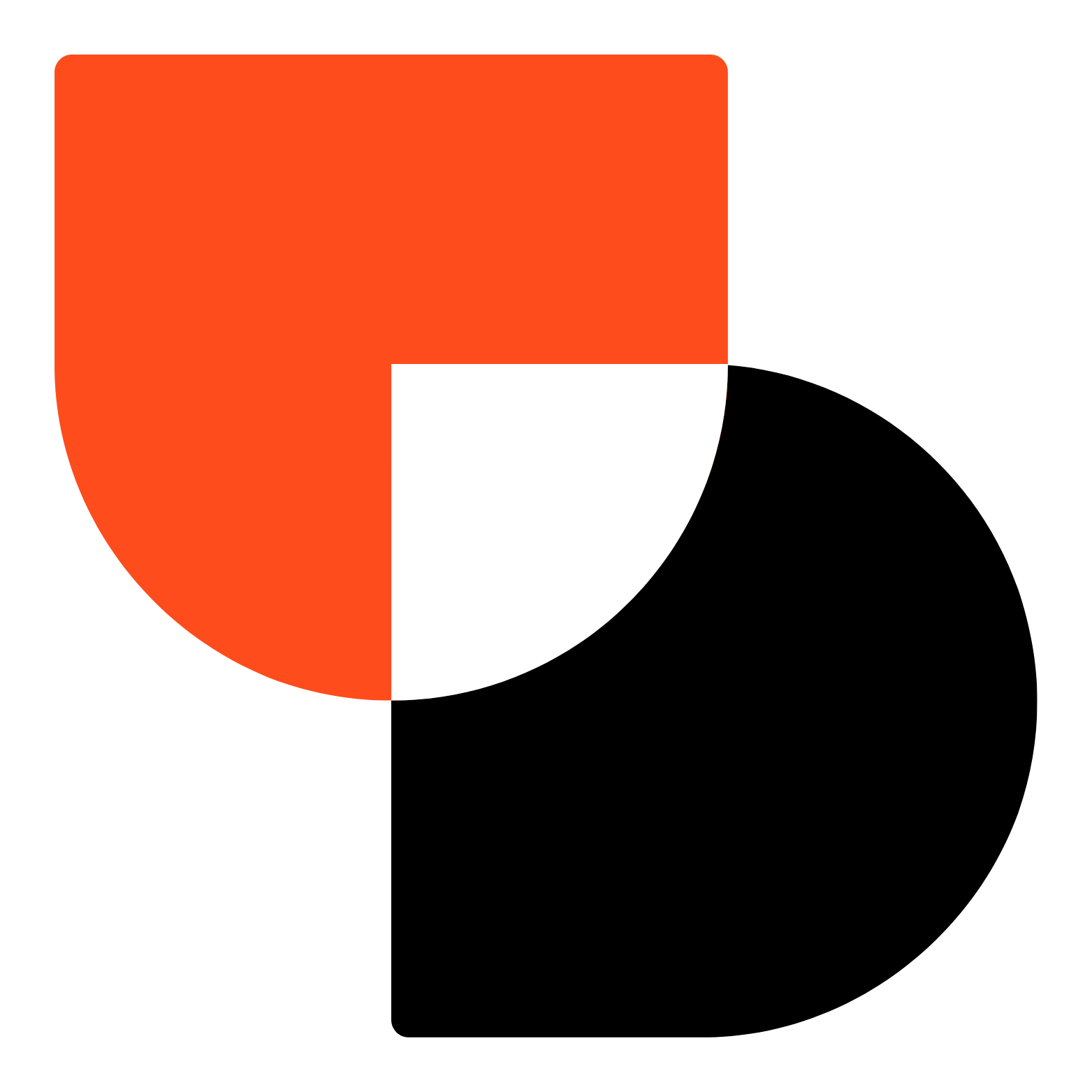Best CRM software for medical practice In 2024

Did you find the top CRM software for medical practice?
In the healthcare industry, maintaining a strong relationship with patients is more crucial than ever. With the right Customer Relationship Management (CRM) software, medical practices can streamline their operations, improve patient engagement, and deliver superior care. Here, we explore the top CRM solutions tailored for healthcare professionals, ensuring your practice can select the ideal system to meet its unique needs.
Understanding the Importance of CRM in Healthcare
CRM software for medical practices isn’t just about managing contacts; it’s a comprehensive tool for enhancing patient satisfaction, automating administrative tasks, and securing sensitive data. A robust CRM system can significantly improve the efficiency of medical practices by integrating with Electronic Health Records (EHR), managing patient appointments, and providing valuable insights into patient behavior.
Best CRM software for Medical Practice
Selecting the right Customer Relationship Management (CRM) software is crucial for medical practices aiming to enhance patient care and streamline operations. Here, we delve into some of the top CRM software for medical CRM practices, highlighting four key features of each to help you make an informed decision.
Choosing the best CRM software involves evaluating features that cater specifically to healthcare needs. Systems like Top Healthcare CRM Solutions offer advanced functionalities designed for medical environments, including HIPAA-compliant data processing, seamless EHR integration, and tools for patient communication.
1. Salesforce Health Cloud
Salesforce Health Cloud is designed to transform patient engagement through a comprehensive, patient-centric platform.
Key features include: deep EHR integration, enabling a unified patient view; personalized patient journeys to enhance care; robust data security compliant with healthcare regulations; and advanced analytics to glean insights from patient data. Its adaptability across various healthcare settings makes it a top choice for practices looking to leverage technology for better health outcomes.
2. Epic MyChart
Epic’s MyChart extends beyond a traditional EHR by offering patient portal functionalities that serve as a CRM.
Key features include:
- Direct patient-provider communication
- Facilitating better engagement
- Online appointment scheduling and management
- Access to personal health records
- Empowering patients
- Integrated telehealth options for remote care.
MyChart is ideal for practices already using Epic’s EHR, seeking to enhance patient interaction and satisfaction.
3. Zoho CRM for Healthcare
Zoho CRM for Healthcare is tailored to meet the unique needs of the healthcare industry, offering flexibility and customization.
Key features include:
- Seamless patient data management for a 360-degree view
- Automation of healthcare workflows to reduce manual tasks
- Customizable modules to fit specific practice requirements
This solution is suited for healthcare providers looking for a customizable and scalable CRM option.
4. NextGen Healthcare
NextGen Healthcare provides a holistic approach to patient care with its suite of healthcare solutions.
Key features include: EHR integration for comprehensive patient records; enhanced patient engagement tools for improved communication; practice management solutions to optimize operational efficiency; and robust security measures to protect sensitive patient information. NextGen is an excellent choice for practices aiming for high efficiency and patient-centered care.
5. Kareo
Kareo is known for its user-friendly medical billing software, but it also offers CRM functionalities tailored to small and medium-sized practices.
Key features include:
- Streamlined billing and coding processes
- Online appointment bookings and reminders to reduce no-shows
- A built-in telehealth platform for remote consultations
- Marketing tools to attract and retain patients
Kareo is ideal for practices looking for an all-in-one solution to effectively manage patient care, billing, and engagement.
Each of these CRM software options presents a set of features aimed at enhancing patient care, improving operational efficiency, and ensuring compliance with healthcare standards. The best choice for your medical practice will depend on your specific needs, including the size of your practice, your budget, and the level of integration required with existing systems.
Conclusion
The best CRM software for medical practice offers a blend of patient management, clinic CRM, data security, and operational efficiency. Whether you’re a small clinic or a large healthcare facility, the right CRM can transform your patient relationships and streamline your practice management.
From Top Healthcare CRM Solutions to HIPAA-Compliant CRM Systems, the options are vast, but the goal remains the same: to provide exceptional care through effective management and patient engagement. As the healthcare industry continues to evolve, integrating a CRM system tailored to your practice’s needs will be a key factor in achieving success and delivering superior patient care.
Faqs
Can CRM software integrate with EHR systems?
Yes, many CRM software solutions can integrate with Electronic Health Records (EHR) systems, providing a comprehensive view of patient data and enabling more personalized and efficient patient care.
What is the best CRM for healthcare?
Salesforce Health Cloud is often considered the best CRM for healthcare, offering comprehensive features tailored to healthcare needs.
What is CRM used for in healthcare?
CRM in healthcare is used to manage patient relationships, enhance engagement, improve care delivery, and streamline operational processes.
What is the most commonly used CRM software?
Salesforce CRM is the most commonly used CRM software across various industries, praised for its robust customization options and extensive analytics capabilities.


